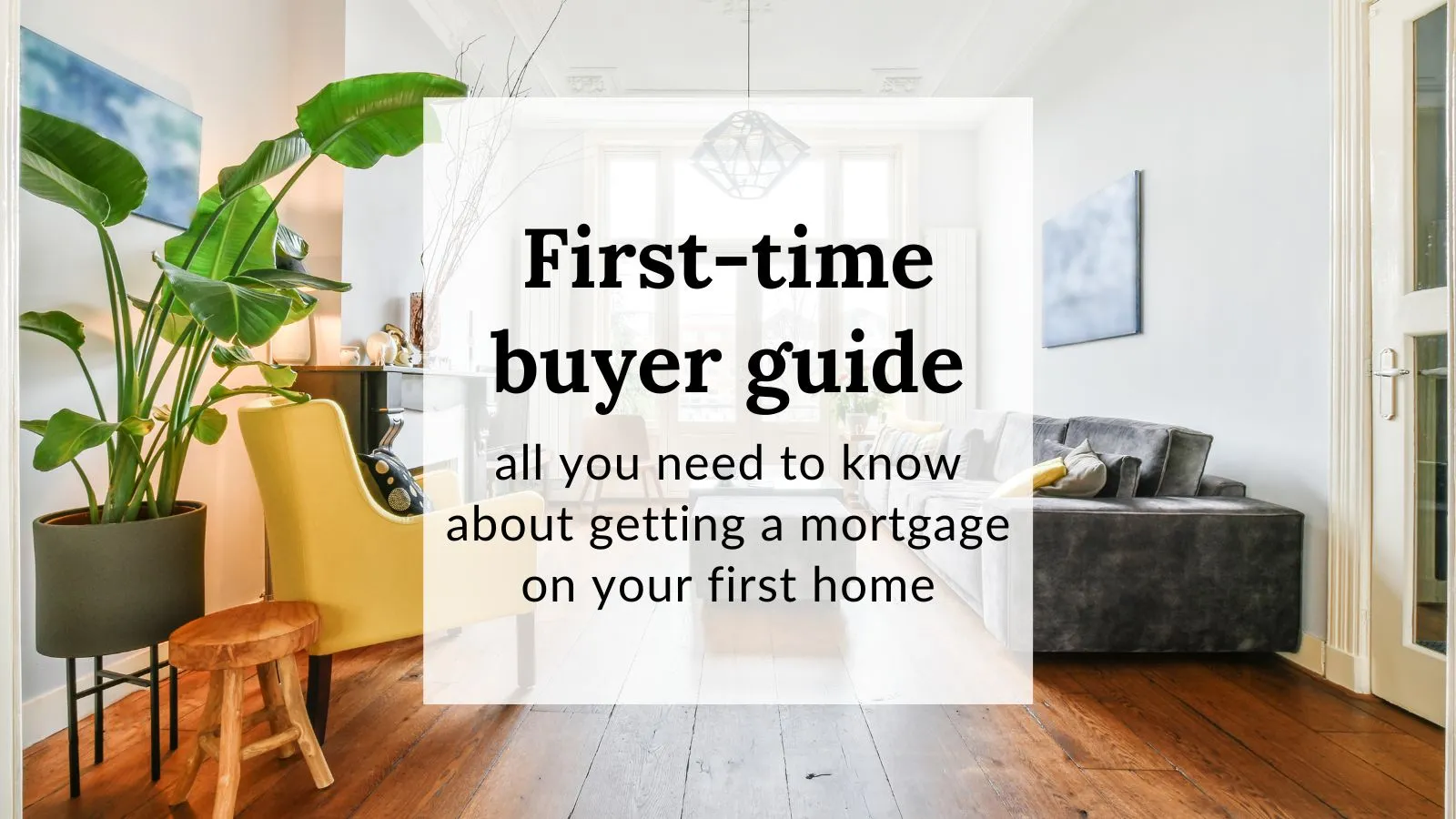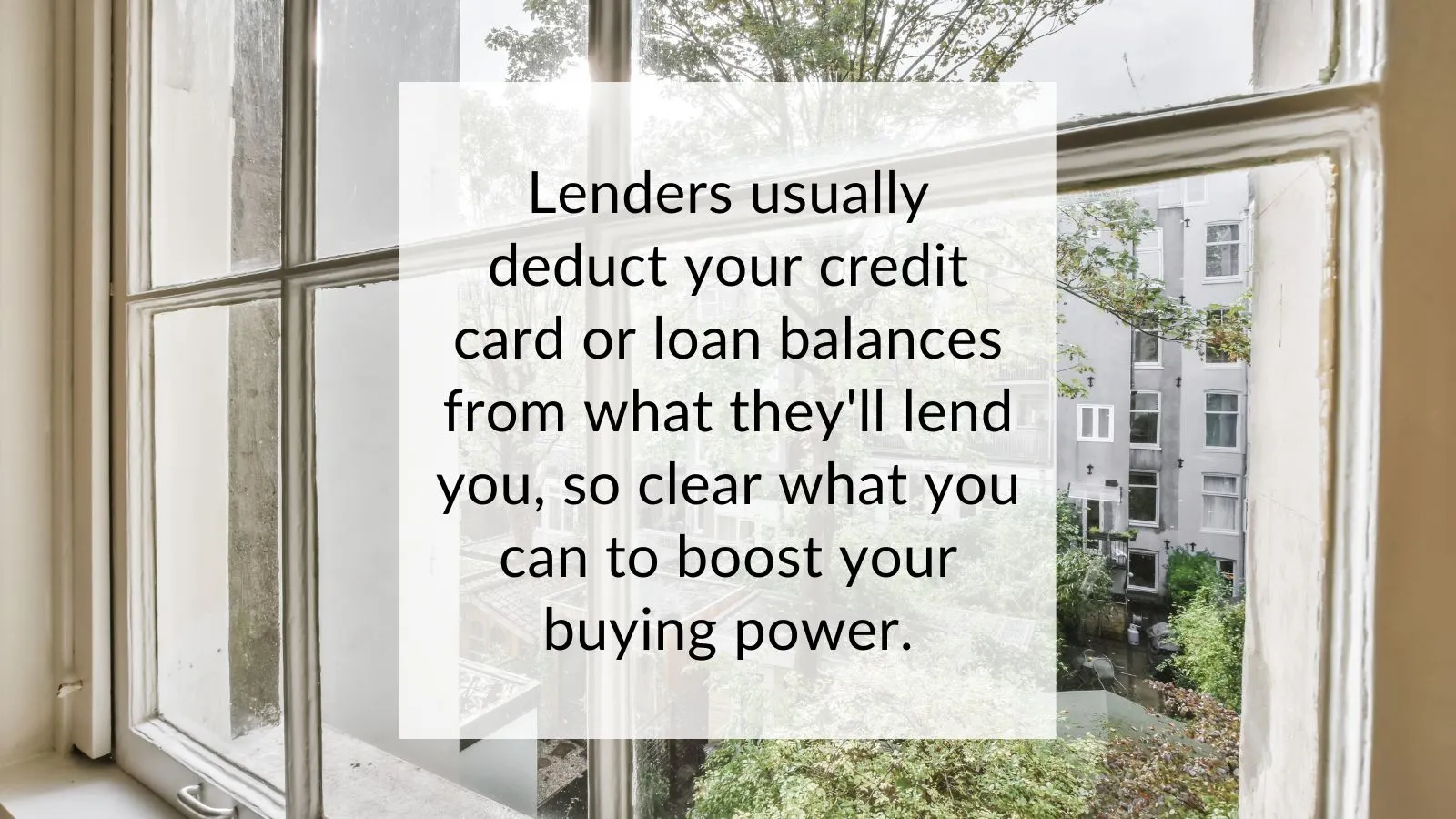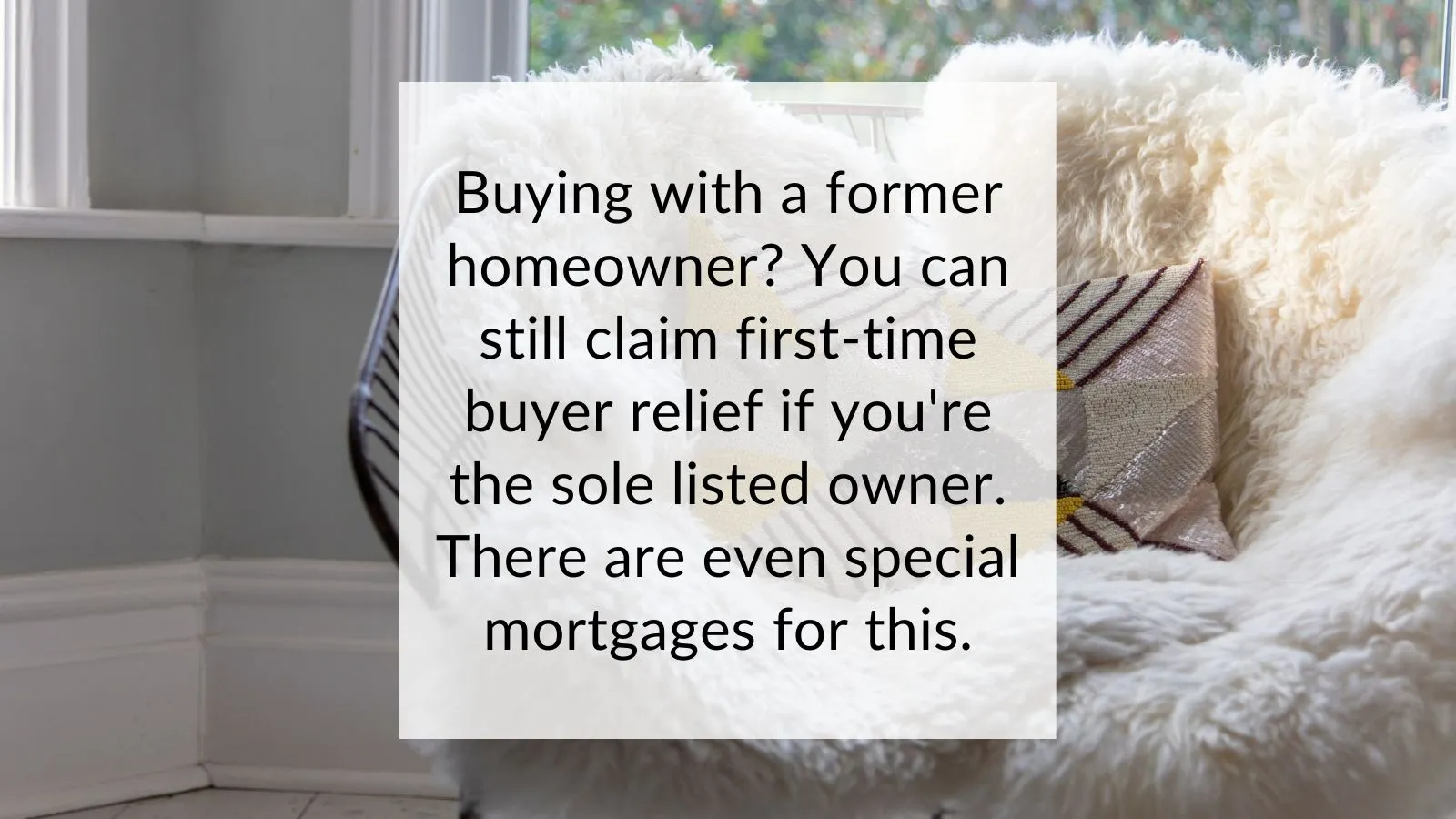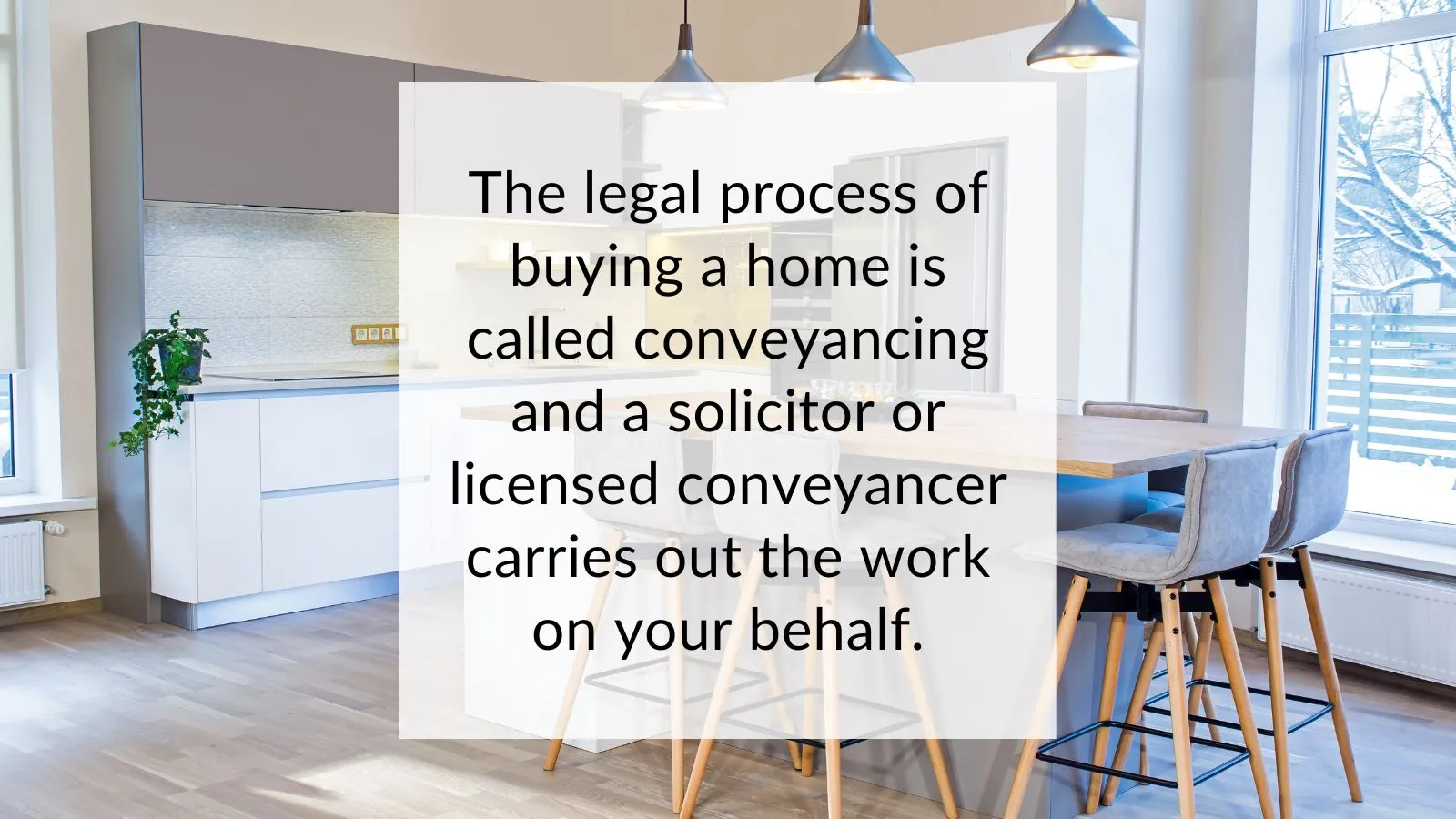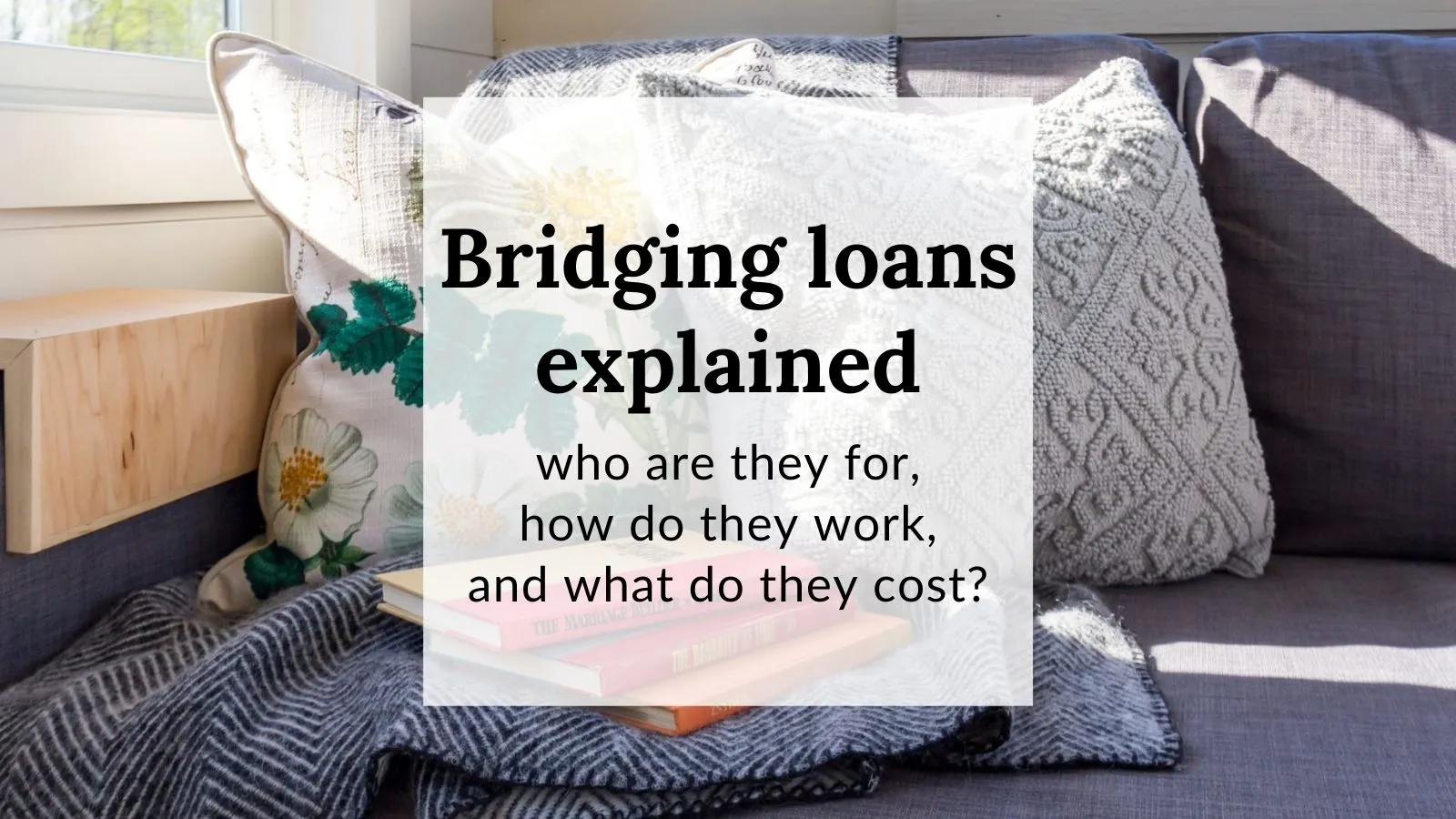Help to Buy (equity loan)
Do you wish to buy a newly built home in England and have at least 5% of the price saved as a deposit? You could borrow up to 20% of the purchase price (40% in London) with a loan that’s interest-free for the first five years. You take out a regular mortgage for the remainder of the purchase price.
Help to Buy (mortgage guarantee)
If your income supports larger mortgage payments but you don’t have a large deposit, this UK-wide scheme encourages lenders to offer 95% mortgages by providing them with a government-backed guarantee.
Help to Buy is open for applications until March 31st 2023.
Right to Buy
Right to Buy has existed since the 1980s as a way for council tenants to buy their homes. They receive a discount of up to £112,800 (or 70% of the value) if they are also first-time buyers. On 9th June 2022, the Government announced plans to extend the scheme to housing association tenants.
Shared Ownership
Are you a first-time buyer in England? You could buy a share of a housing association home – initially between 10% and 75% – and pay rent on the rest. You’ve got the option of increasing your share up to 100% when you can afford to.
Stamp Duty Relief
From 1 July 2021, you’ll pay less or no Stamp Duty if you, and anyone else you’ll own the property with, are first-time buyers.
Has your buying partner owned a home before? You could still qualify for first-time buyer relief if you are the only registered owner. Lenders even offer special mortgages to help you do this).
Stamp Duty has different names across the UK, and each country has its own threshold.
- For England and Northern Ireland, first-time buyers pay no Stamp Duty on the first £300,000, as long as the purchase price is no higher than £500,000.
- Up in Scotland, first-time buyers pay no Land & Buildings Transaction Tax (LBTT) on the first £175,000 of the purchase price.
- And in Wales, first-time buyers pay no Land Transaction Tax on the first £180,000 of the purchase price.
As you can see, the Government offers some really valuable help that can make a big difference to the sort of property you can buy. If you’re unsure from our first-time buyer guide whether you qualify for any of these schemes, get in touch for a chat about your options.
DEALING WITH ESTATE AGENTS
To look like a serious buyer, one of the most useful things you can do is get a mortgage offer in principle that you can show to estate agents.

